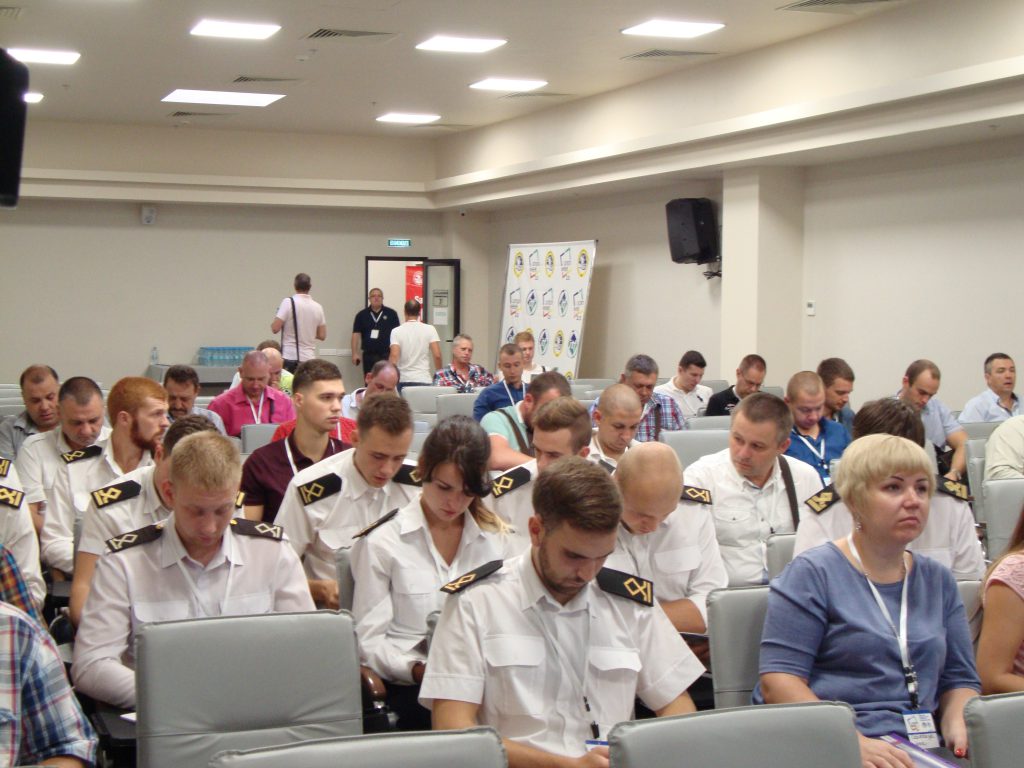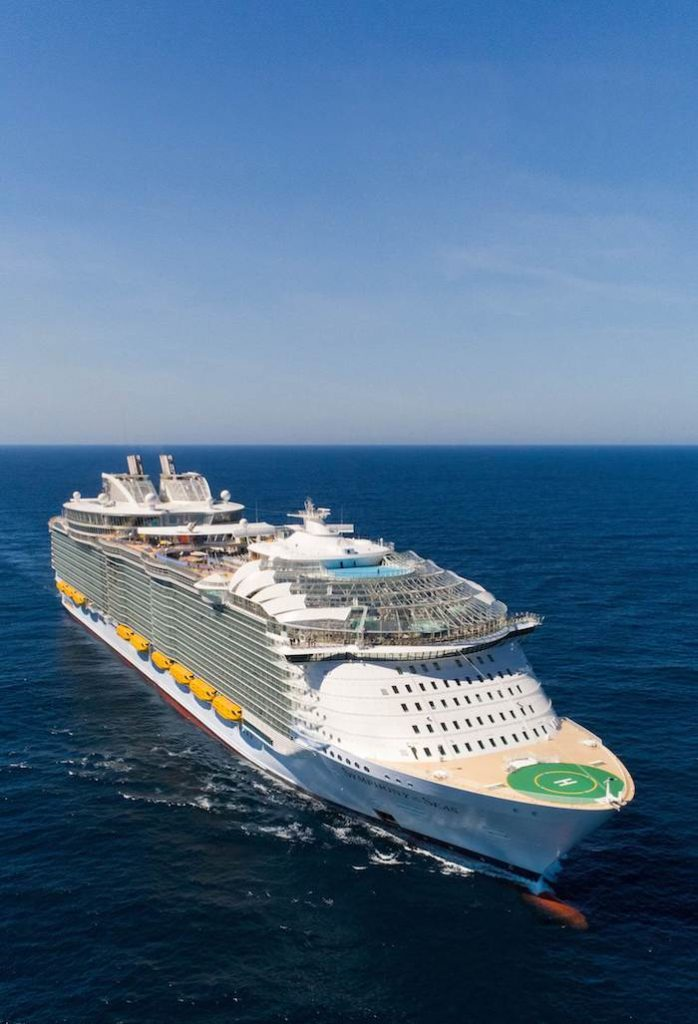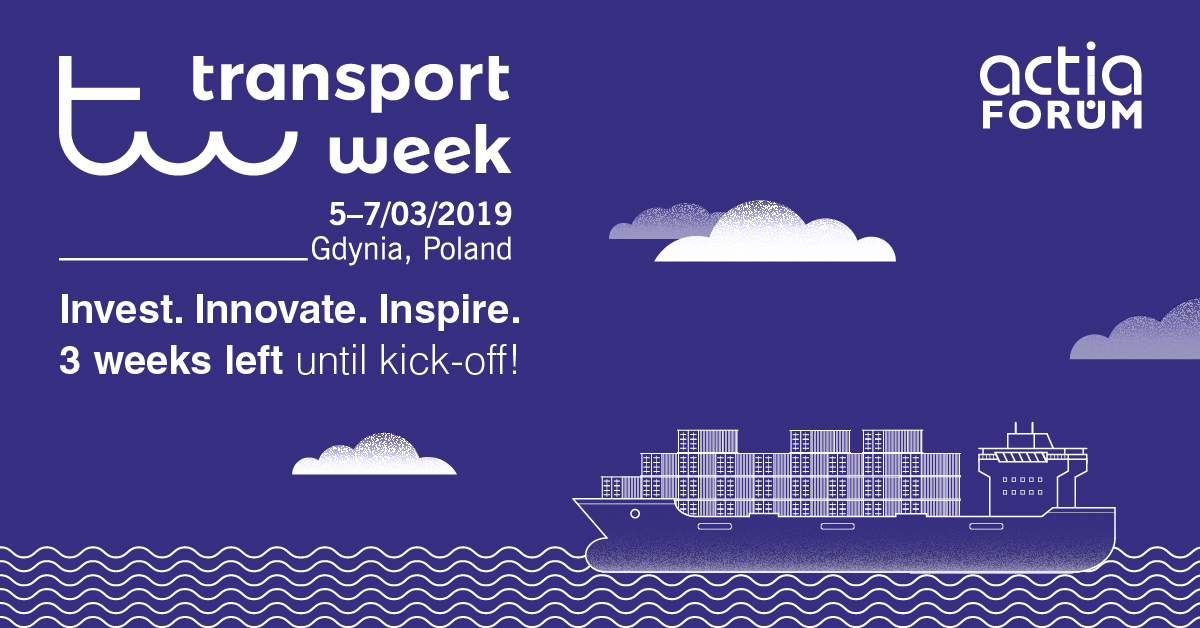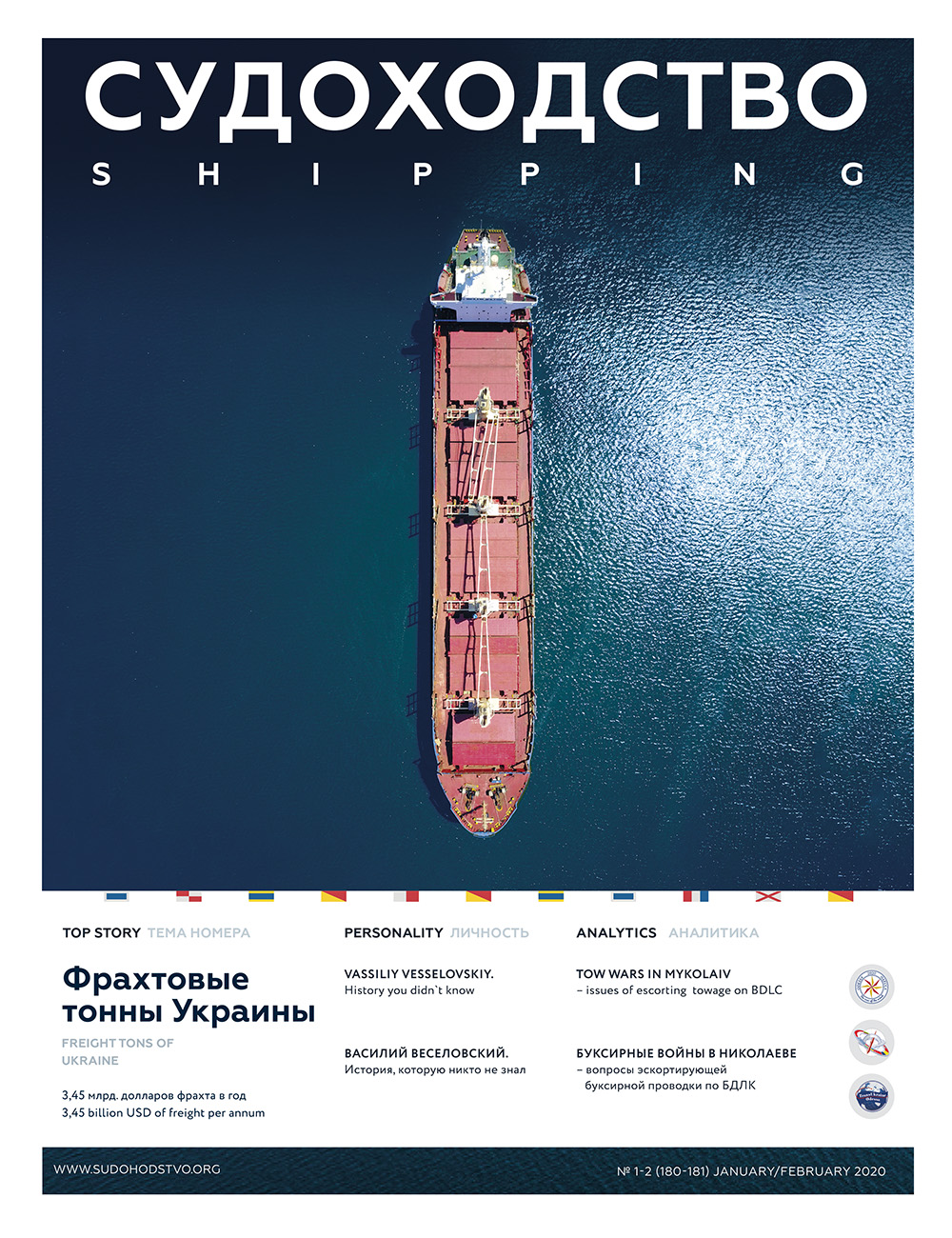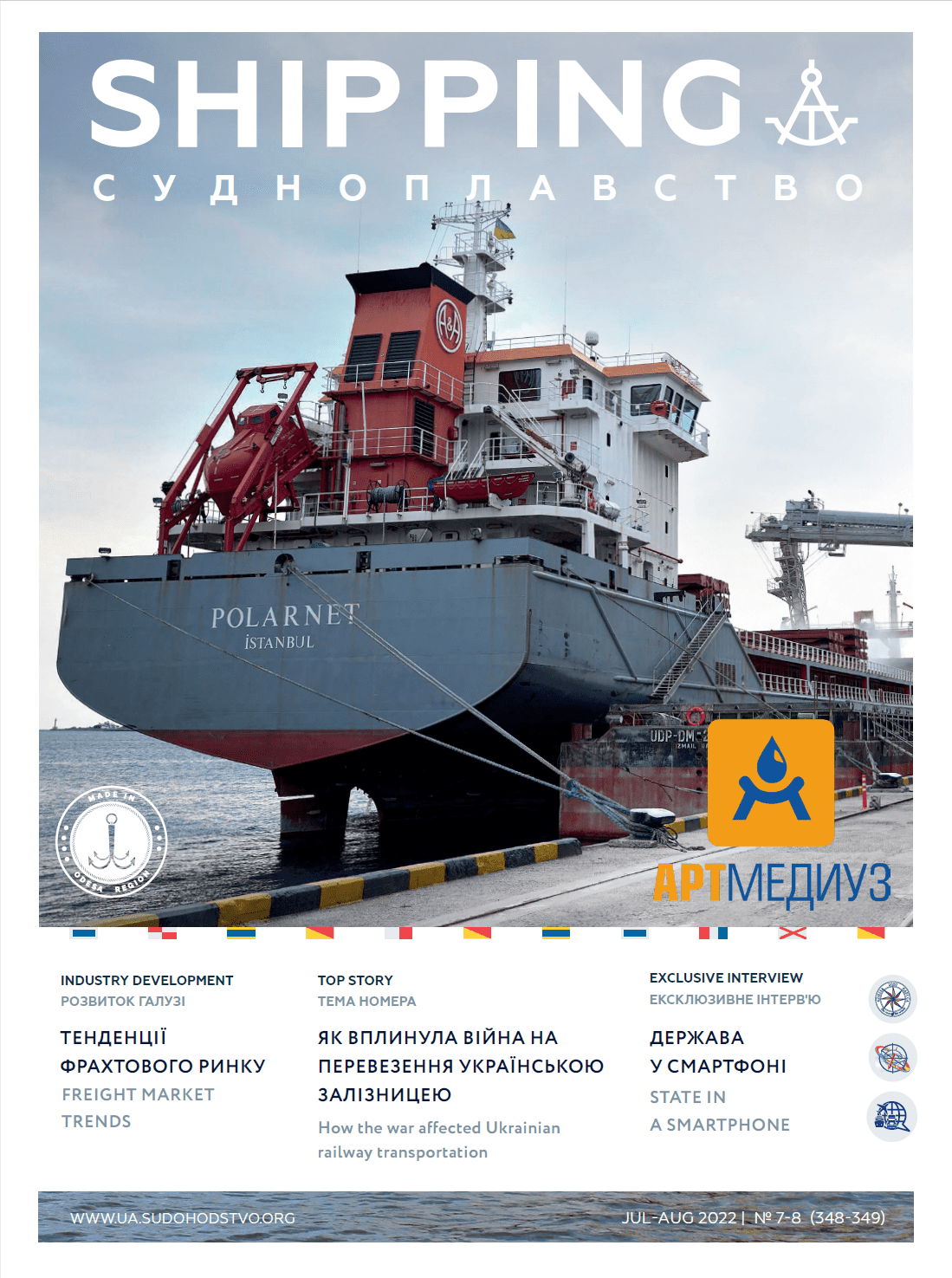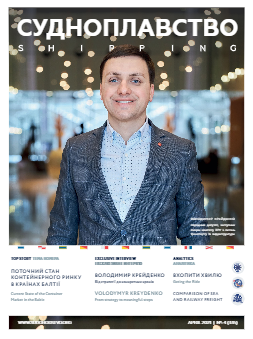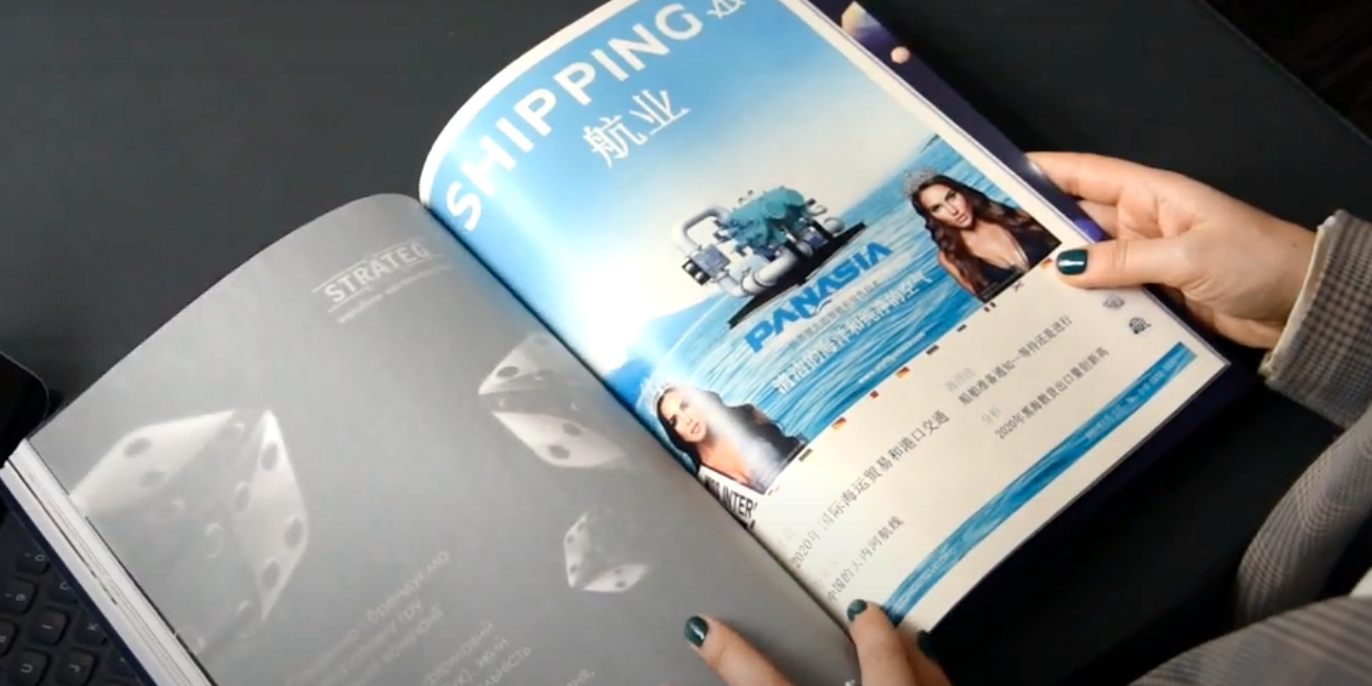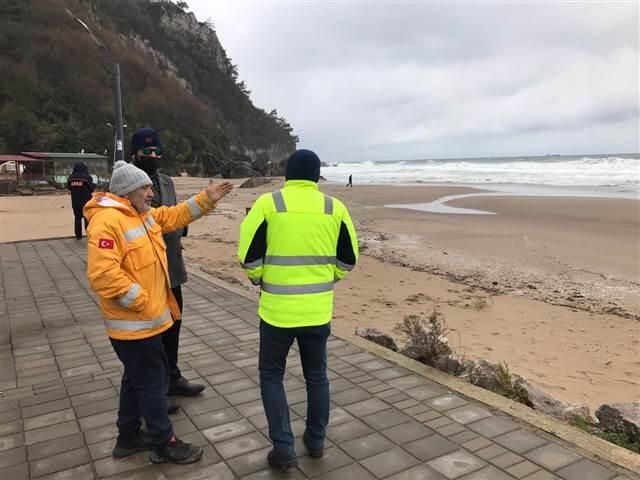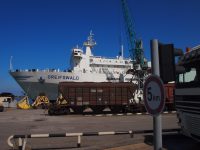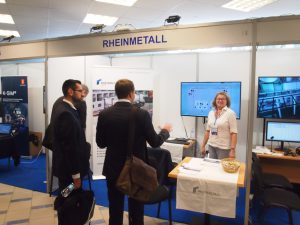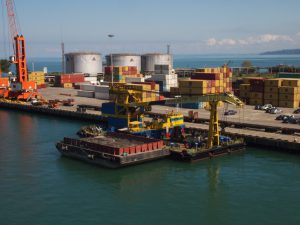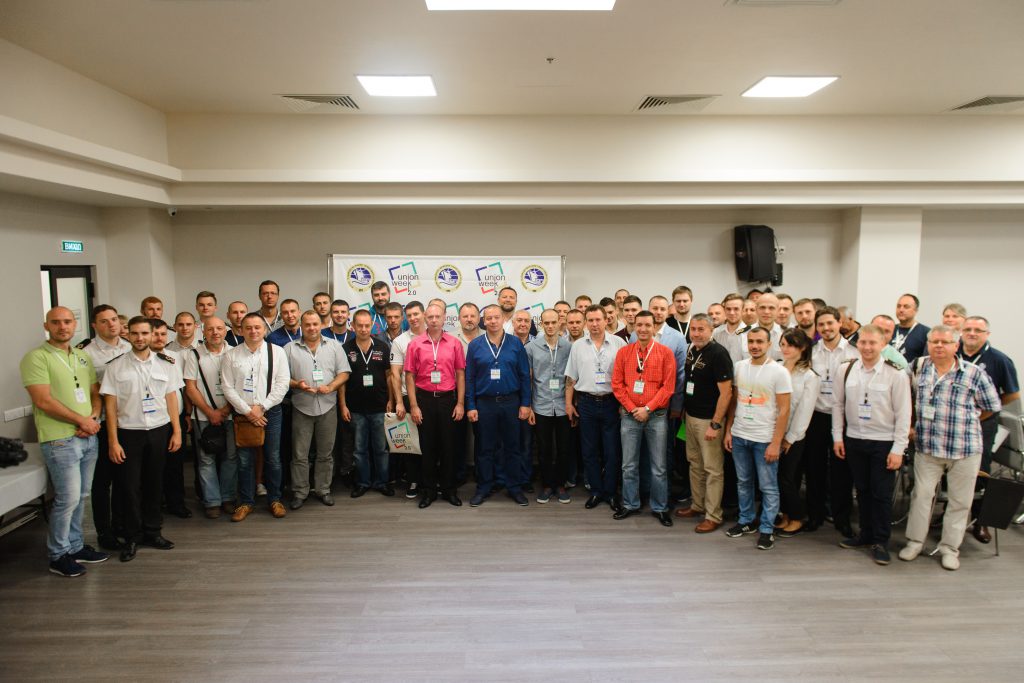 Fake crewing, poor working conditions, non-payment of wages, abandoned ships and it isn’t a complete list of situations in which seafarers fall, often because of ignorance of their rights. ITF has developed a special program to increase the level of awareness of seafarers and the second year in a row, together with the Marine Transport Workers’ Trade Union of Ukraine (MTWTU) is holding a series of Union Week information seminars in Ukraine.
Fake crewing, poor working conditions, non-payment of wages, abandoned ships and it isn’t a complete list of situations in which seafarers fall, often because of ignorance of their rights. ITF has developed a special program to increase the level of awareness of seafarers and the second year in a row, together with the Marine Transport Workers’ Trade Union of Ukraine (MTWTU) is holding a series of Union Week information seminars in Ukraine.
The second educational Union Week 2.0, organized by ITF and MTWTU for Ukrainian seamen, cadets and students of maritime educational institutions of Ukraine, was held in Odessa September 11-14, 2017.
-For the first time we held a seminar of this level in 2016. For us, it has become a valuable experience. At that time, it was the first seminar in the world to raise the awareness of seamen about the activities of MTWTU and ITF, — says the first deputy chairman of the MTWTU Oleg Grigoryuk.
In 2017 500 seafarers and cadets of maritime educational institutions of Odessa, Kherson, Mykolaiv and Izmail took part in the seminar.
Forewarned, forearmed
The speakers of the event were ITF-inspectors from England, Germany, Croatia, Spain, France, Ukraine. They told the participants about ITF, its interaction with trade unions, the latest amendments to the Maritime Labor Convention (MLC-2006), reviewed the provisions of the collective agreement and the individual contract of the seaman, medical aspects related to the specifics of work at sea and discussed the need for seafarers to join the global union movement.
“Our main task is to inform the Ukrainian seamen about all the pitfalls that arise during employment, and to tell them about their legal rights. We also want the sailors to know that they have support,” Steve Troussdale, the Head of the ITF inspectorate in London, said.
ITF’s activities are inextricably linked with the trade unions, which allows the most efficient and effective solution to the problems of seafarers, says Steve Trousdale.
“When you buy a car, you do not want to pay insurance. But this is so long as you do not get into an accident,” he gives an example of how membership in the union serves as a guarantee of the safety of a seaman. “Therefore, we say to all seafarers: Do not wait for the problem to join the trade union, because in this case it will be very difficult for us to help you. Join the union now, be with the ITF, and our inspectors will be able to protect you.”
The amendments to MLC-2006 increased the chances of success
In January 2017, the latest amendments to the Convention (MLC-2006) were adopted, which are designed to provide guaranteed assistance and repatriation to abandoned seafarers at the expense of shipowners.
According to the new requirements, the vessel must have a certificate confirming the financial security of the shipowner’s obligations. It can be insurance, state social insurance, bank guarantee.
The amendments do work, confirms the coordinator of the ITF seafarers support department, Oleg Romanyuk (Great Britain), and cites an example from his own practice:
— In February 2017, the crew of a ship thrown in Brazil by a bankrupt shipowner turned to us. It was not clear who would pay their wages, provide food, etc. They contacted us, as a result, in short terms the seamen were paid arrears on wages and repatriation was carried out.
In 2016, ITF inspectors visited a total of 10,500 ships and managed to return $42 million to seafarers that were not paid by shipowners. Now the chances for a successful solution of problematic situations with sailors have increased at times, emphasizes Oleg Romanyuk.
Protection from swindlers
In Ukraine, the MLC-2006 Convention has not yet been ratified. This significantly complicates the protection of seafarers, both in the sea and on the shore, noted in the MTWTU.
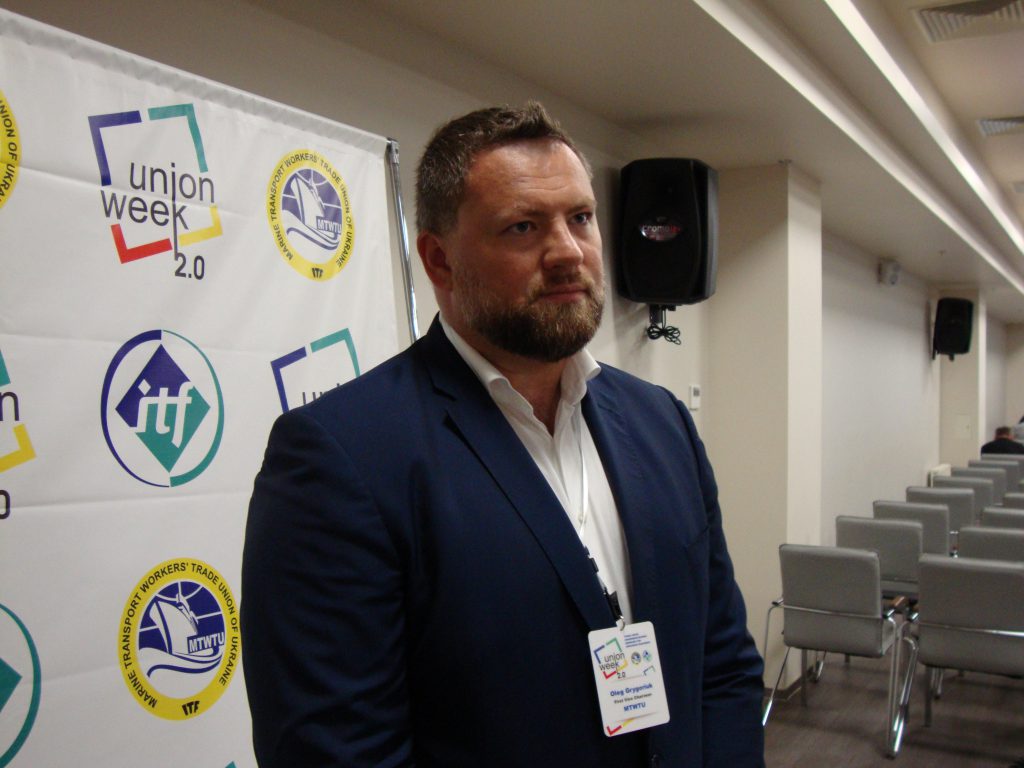 “Today there are a lot of pseudo-figures who want to earn money on sailors, when they find work or fall into trouble at sea,” Oleg Grigoruk said.
“Today there are a lot of pseudo-figures who want to earn money on sailors, when they find work or fall into trouble at sea,” Oleg Grigoruk said.
Especially crewing succeeds in fraud. So, in 2017, the Security Service of Ukraine identified in Odessa more than 20 recruiting companies that required a certain fee for seafarers for intermediary services.
In addition, the first deputy chairman of MTWTU notes, as practice shows, seafarers do not know what to do in difficult cases that have arisen directly on board the ship, and agree to questionable proposals to solve the problem for a certain amount of money. As a result, they lose time, money, and their problem remains unresolved for long months and even years.
“At the seminars we talk about the problem situations that arise while working at sea and how the trade union can help the seafarers in these troubles. Therefore, the more seafarers listen to these lectures and realize the advantage of membership in the union, the less cases of fraud exist. Our task is for Ukrainian seamen, acting and future, to understand the essence of the trade union movement and become its integral part,” Oleg Grigoruk concludes.
